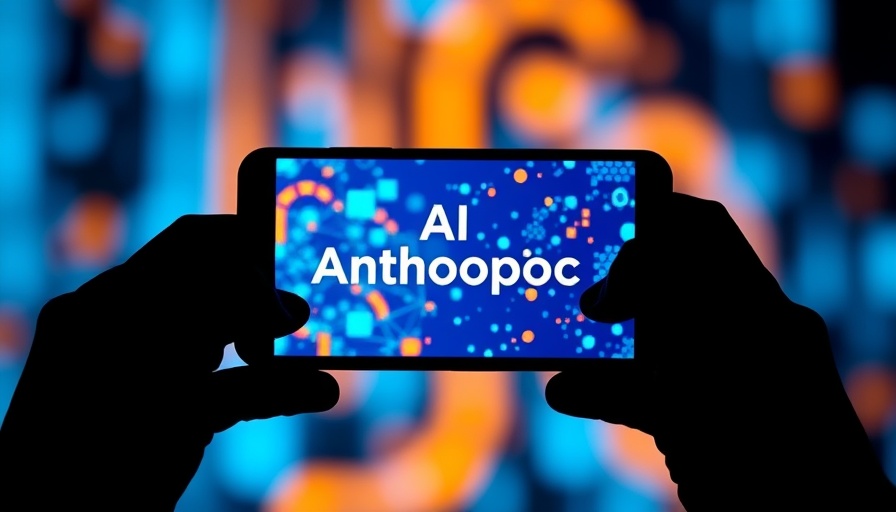
AI and the Future of Work: Which Jobs Remain Safe?
As artificial intelligence (AI) continues to reshape the workforce, questions arise about which jobs will be safe from replacement. In a recent statement, Anthropic cofounder Jack Clark highlighted specific roles that are likely to remain secure, offering reassurance to workers anxious about the technological shift.
Roles Less Likely to Be Affected by AI
Clark points to professions that rely heavily on human intuition, creativity, and emotional intelligence. Jobs in fields such as medicine, education, and the arts are cited as being relatively insulated from AI encroachment. For instance, healthcare professionals offer not just technical expertise but also empathy and personal connection that AI cannot replicate.
Why Human Skills Matter More Than Ever
The unique capabilities of humans—like emotional intelligence, interpersonal skills, and ethical judgment—make certain professions resistant to automation. For example, teachers not only convey knowledge but also provide mentorship and inspiration, roles that require a personal touch that machines simply cannot provide.
A Historical Perspective on Job Evolution
Historically, technological advancements have always led to shifts in job markets, often creating new opportunities in the process. From the industrial revolution introducing machinery to the digital age fostering IT jobs, humanity has continually adapted and thrived in new roles. By understanding this trajectory, current and future workers can prepare themselves for the evolving landscape.
Future Trends: Preparing for Change
As we look to the future, it’s essential to embrace lifelong learning. The ability to adapt and acquire new skills will be crucial in staying relevant in the workplace. Industries may evolve, but the core qualities that define a successful worker—like creativity, critical thinking, and social awareness—will always be in demand.
Making Informed Career Decisions
As AI continues its rapid advancement, potential job seekers should prioritize positions that emphasize uniquely human skills. Pursuing careers in teaching, counseling, and creative industries, for instance, ensures alignment with future market needs. By actively choosing paths that showcase our human strengths, we can confidently step into a future where collaboration with AI enhances rather than replaces our contributions.
Final Thoughts: The Human Element in Technology
With AI at the forefront of discussions about the future of work, it’s vital to recognize the importance of human skills. While technology will evolve, the need for emotional connection, creative problem-solving, and ethical decision-making remains constant. Therefore, strategizing to maintain and develop these skills will not only help individuals secure a prosperous career but also contribute positively to society.
Ready to navigate the evolving landscape with confidence? Explore ways to enhance your skills and adapt to this new era. Check out prompt2human.com to stay ahead of the curve.
 Add Row
Add Row  Add
Add 




 Add Row
Add Row  Add
Add 

Write A Comment